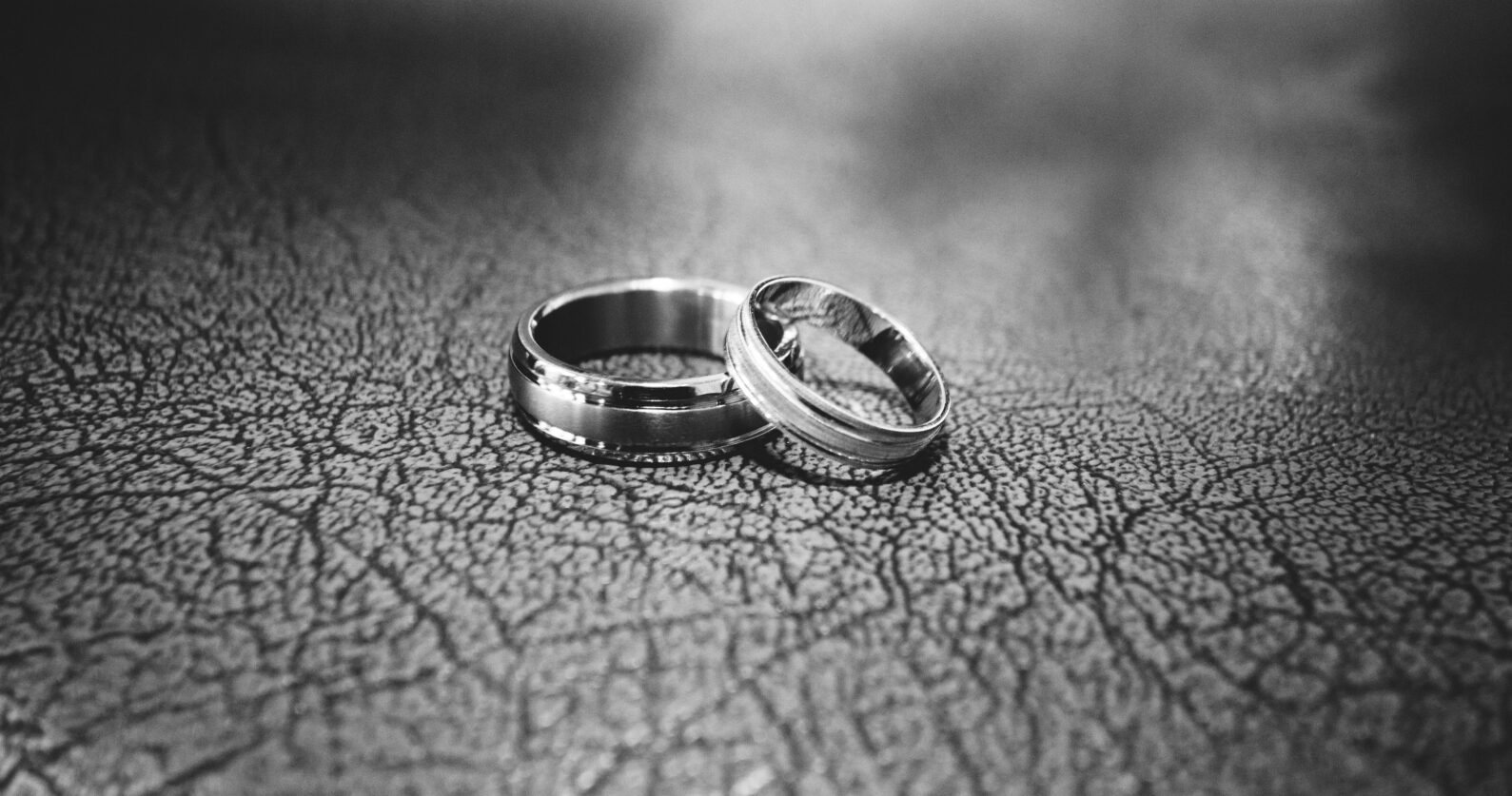
Divorce files in the UK are considered public, but only certain information is publicly accessible. Anyone can obtain a copy of your final order (previously known as a Decree Absolute) as they can with a marriage certificate, birth certificate, or death certificate – these are all public records in the UK.
Your divorce application itself is not public, and the examples given on an ‘old law’ divorce petition of a person’s unreasonable behaviour or adultery are kept confidential, because the only publicly available document is the final order or Decree Absolute. The final order or Decree Absolute does not detail the specific incidents leading to the breakdown of the marriage, simply the ground upon which the application was made.
Your final order or Decree Absolute contains yours and your spouse’s full names, your date and place of marriage, the date the marriage was dissolved, the Court dealing with the matter and, if you applied for divorce under the ‘old’ divorce law prior to April 2022, the ‘fact’ your divorce application was based on (for example, 2 years’ separation, adultery, or behaviour).
Other things which are not public include financial settlements or other financial details, and arrangements for children. Legal representatives also have a duty to keep your information confidential.
There are various reasons why certain documents are a matter of public record, including enabling individuals to access their records, transparency of government processes, genealogical research, and other types of research, such as government statistics regarding births, deaths and marriages.
If you need help with a divorce related matter, privacy concerns or financial settlements contact our family law at Whitehead Monckton today.